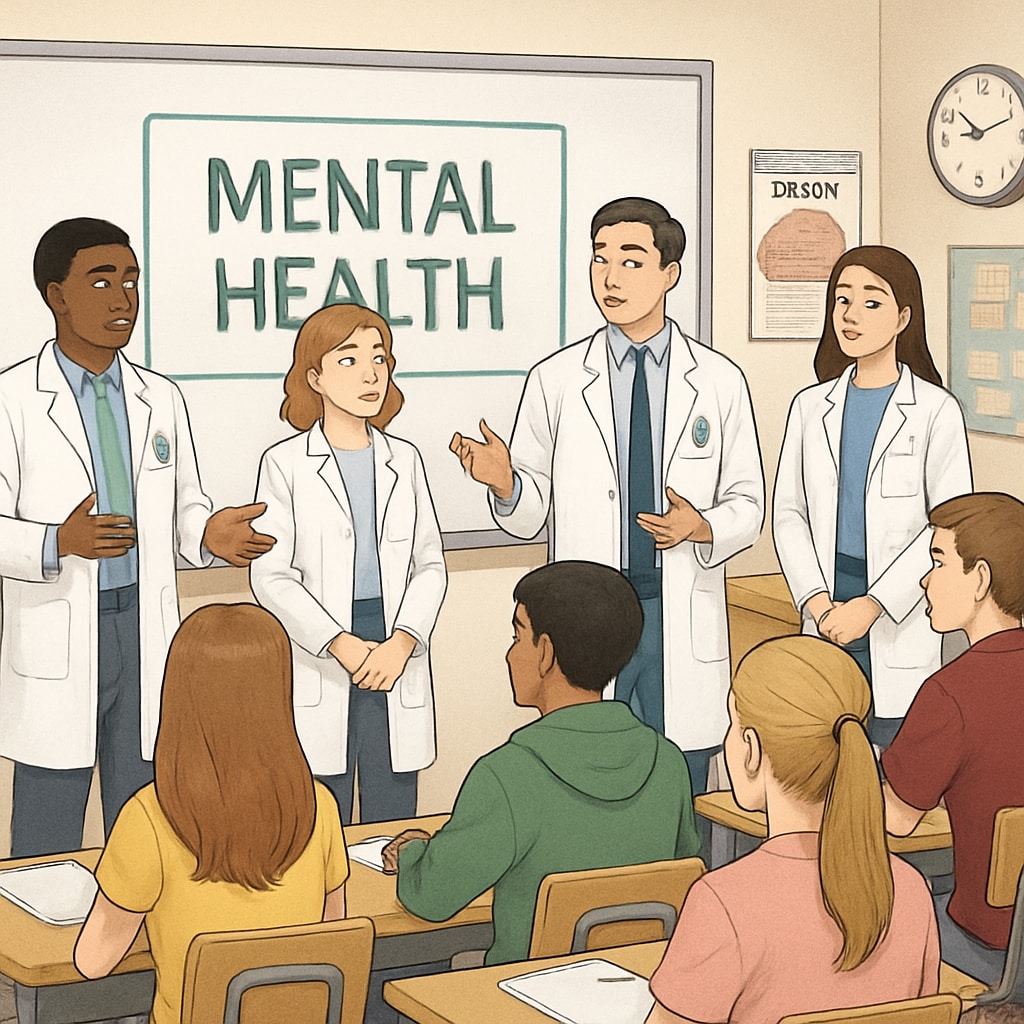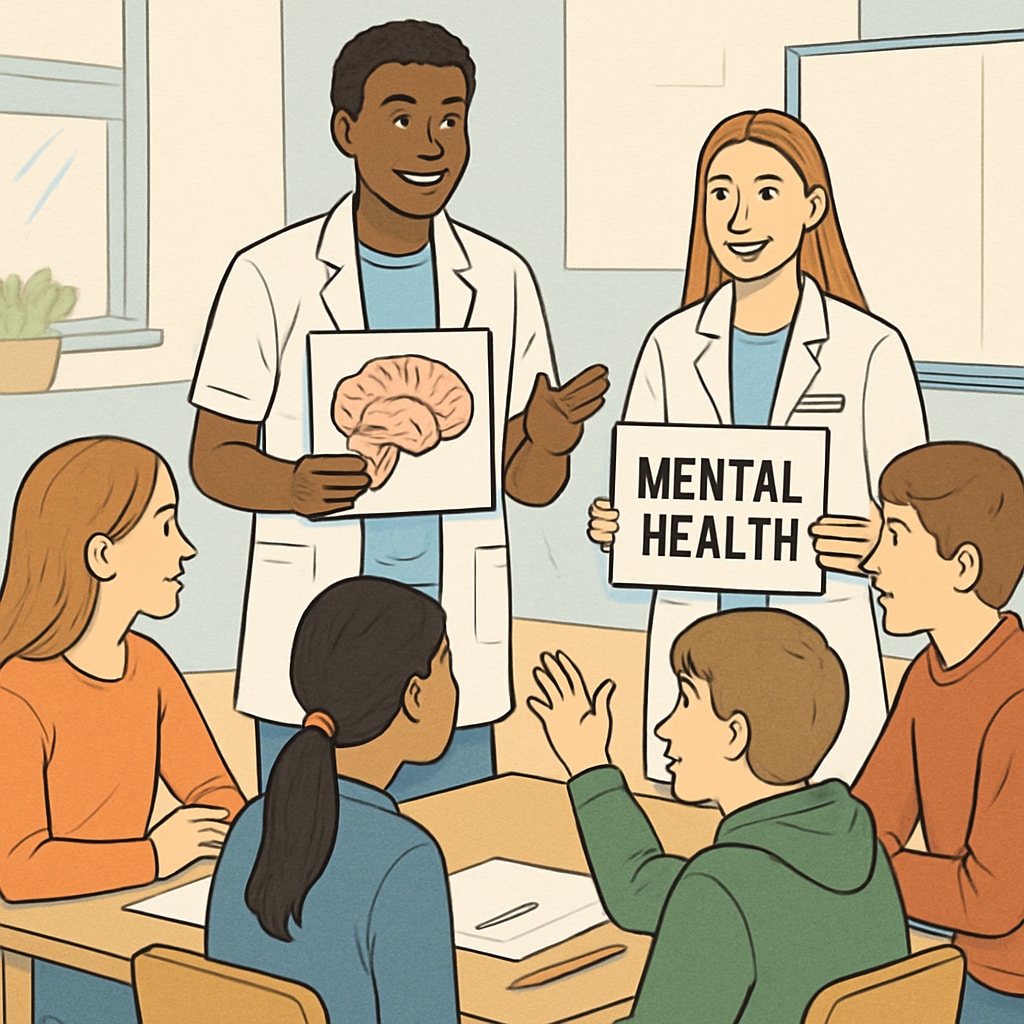Raising awareness about mental health among teenagers is critical in today’s fast-paced and socially demanding society. Medical students have a unique opportunity to contribute by organizing mental health seminars for high school students. With their knowledge in mental health and medical sciences, these future healthcare professionals can effectively bridge the gap between professional guidance and accessible youth-centric education. This article outlines a step-by-step approach to planning and implementing these seminars, from establishing outreach channels to evaluating outcomes.
Identifying Outreach Channels to Connect with High Schools
To initiate a successful seminar, medical students must first connect with high schools. Establishing reliable communication channels is crucial. Here are some steps medical students can follow:
- Contact school administrators: Reach out via formal emails or letters, introducing your team and explaining the seminar’s objectives.
- Leverage local organizations: Partner with community health groups or educational NGOs to build credibility.
- Utilize social media: Platforms like Instagram and Facebook can help spread awareness and engage with schools more informally.
Building trust with schools is essential to ensure the seminar is well-received and aligns with their educational goals.

Designing Engaging and Age-Appropriate Seminar Content
Once the collaboration with schools is established, the next step is crafting the seminar’s content. The material must be both informative and relatable to high school students. Consider the following strategies:
- Address common teenage concerns: Topics like academic stress, peer pressure, and social media’s impact on mental health can resonate with students.
- Use interactive formats: Incorporate group discussions, role-playing activities, and real-life scenarios to keep students engaged.
- Include professional insights: Reference credible sources, such as the National Institute of Mental Health, to provide accurate and reliable information.
It’s also important to use inclusive language and ensure the content is accessible for teenagers from diverse backgrounds.
Ensuring the Seminar’s Impact and Longevity
After the seminar, follow-up activities can help reinforce the message and assess the program’s impact. Here’s how to proceed:
- Distribute feedback forms: Collect anonymous responses to evaluate what students found helpful and areas for improvement.
- Provide resources: Share brochures or links to mental health hotlines, such as the SAMHSA National Helpline, for ongoing support.
- Maintain communication: Offer schools the option of repeat sessions or additional workshops on related topics.
By monitoring the seminar’s effectiveness, medical students can refine their approach and ensure a lasting positive impact on high school students’ mental health awareness.

In conclusion, organizing mental health seminars for high school students not only promotes awareness but also fosters a supportive environment where teenagers can seek help without stigma. Medical students play an invaluable role in this initiative, combining their knowledge with community engagement to drive meaningful change. With thorough planning, creative content, and consistent follow-up, these seminars can serve as a stepping stone toward better mental health care for the next generation.
Readability guidance: Focus on clear and concise language suitable for a general audience. Use short paragraphs and lists to emphasize key points. Incorporate transition words to maintain flow and coherence throughout the article.


